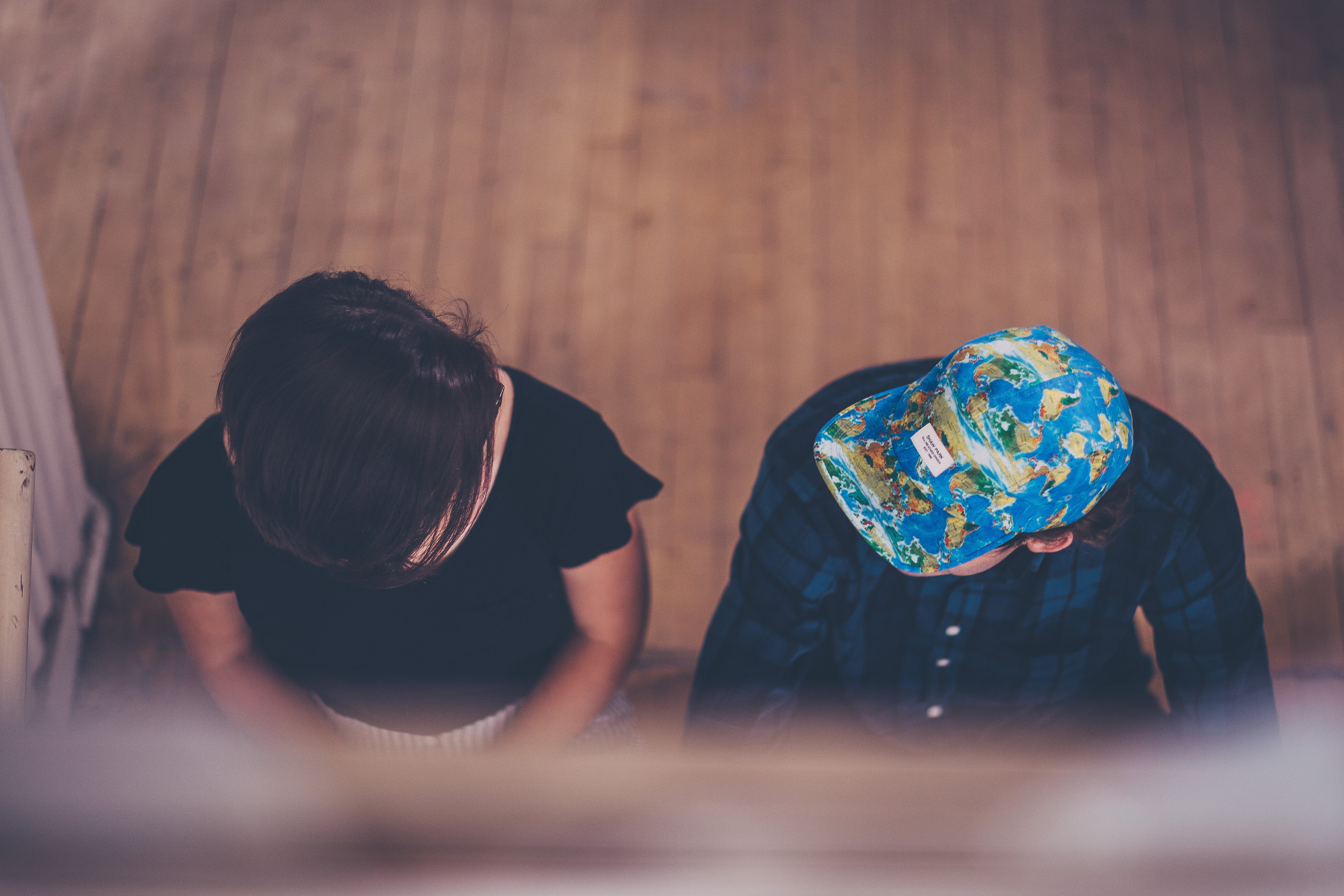4 Factors Governments in Asia Need to Consider in Developing Startup Complexes

If you’re familiar with the startup race in Southeast Asia you are probably familiar with the concept of startup ecosystems and the fact that Singapore is very keen on being at the top of its game. You are also probably familiar with Block 71, Singapore’s Launchpad (literally) for startups. Dubbed “the world’s most tightly packed entrepreneurial ecosystem” by The Economist in 2014, Block 71 is a state-backed initiative that has been on a rapid expansion since its inception in 2011. Turning an old real estate project into a thriving entrepreneurial/startup community, Block 71 has been branching out geographically to different parts of the world too. It very recently opened its doors to Jakarta, and is also helping the startup community in San Francisco to become part of its ecosystem. In Singapore, the ecosystem is still undergoing additional expansions with the goal of housing 750 startups by 2017. This burgeoning ecosystem is more than just a physical workspace for startups; it is a community of startups, venture capitalists, incubators, and other partners working together to help Singapore continue making headway in the global startup scene. There are some insights that can be drawn from Singapore’s approach to building and growing its startup ecosystem that other countries can learn from.
Infrastructure Considerations
Block 71 was built on an old real estate project that held a lot of potential in helping Singapore provide a physical location for their startup ecosystem. In building a startup complex, governments could consider some of their countries’ own real estate projects that are strategically located. In some countries, however, building such a complex would really mean starting from ground zero. In this case, considerations need to be given to the state of the location’s infrastructure, its vicinity to important government offices or partner institutions that will play a crucial role in helping build the startup ecosystem, and its vicinity to housing communities and other amenities that will attract and encourage startups to join the ecosystem.
Community Building
A startup ecosystem is essentially a community of startups, venture capitalists, incubators, and other partners that help build, sustain, and grow the startup community. With Block 71, the physical complex itself houses all of these main players of the ecosystem and facilitates the development of startups all the way through their expansion and in some cases their closures. “Community” is at the heart of any startup ecosystem and building a physical space around this enables startups to interact with each other, share ideas, and gain the necessary support from government bodies and partner institutions. This community building also encourages smaller startups to participate in helping to build the country’s startup ecosystem.
International Relations
While it’s much easier for advanced economies like that of Singapore to think big and go big in a short period of time, countries aspiring to grow their startup ecosystems can also think about the markets they’d like to enter. With Block 71’s expansion to San Francisco and Jakarta, Singapore hopes to not only strengthen business ties with Indonesia and the USA, but to expand their ecosystem to international market places where their own startups can benefit from those ties. Governments looking to expand their startup ecosystems would benefit from considering what are their industry strengths and what gaps they can fill by strengthening their business ties with neighboring and western market places. In doing so they would be able to engage in the sharing of best practices and bring in technology and ideas that can help grow their startup ecosystems.
Support to Smaller Startups
It is understood that it’s often a harder struggle for smaller startups to get set up and to survive those crucial defining first years of any startup. Having a physical community which offers the community support as well as the government support needed will help smaller startups make better long-term decisions to grow their businesses. With Block 71, startups have access to essential government services that range from big data support to cheap rent that can help smaller startups shave costs and focus on building their businesses. With such a physical space, smaller startups gain the confidence in taking business risks and learn from their fellow startups. With physical co-working spaces, it is common practice for startups in such a community to sit down and share ideas, learning from each other, and help each other in their business pursuits.
Block 71 is definitely something other countries can aspire to. But in reality, it’s more than just the scale of the project that’s important. The core of Block 71 is the concept of building a strong community around startups, creating market opportunities internationally, and providing the needed support to those smaller players that need it the most. It’s therefore worthwhile for governments in this region to explore ways of building and growing their own startup ecosystems by taking these key insights from Singapore’s Block 71 into consideration. All too often, governments are tempted to give direct subsidies to startups, to “pick winners” – but governments are notoriously unsuited for that. Singapore shows a better way: help the markets of tomorrow by providing physical space and physical and social infrastructure for them, then let the markets grow organically.